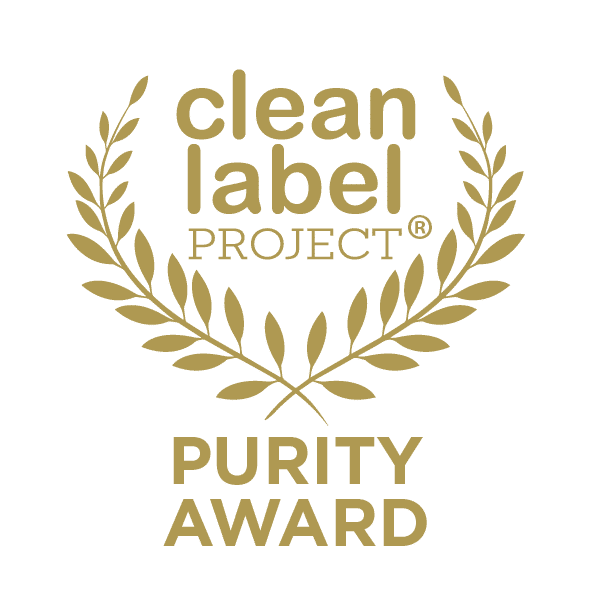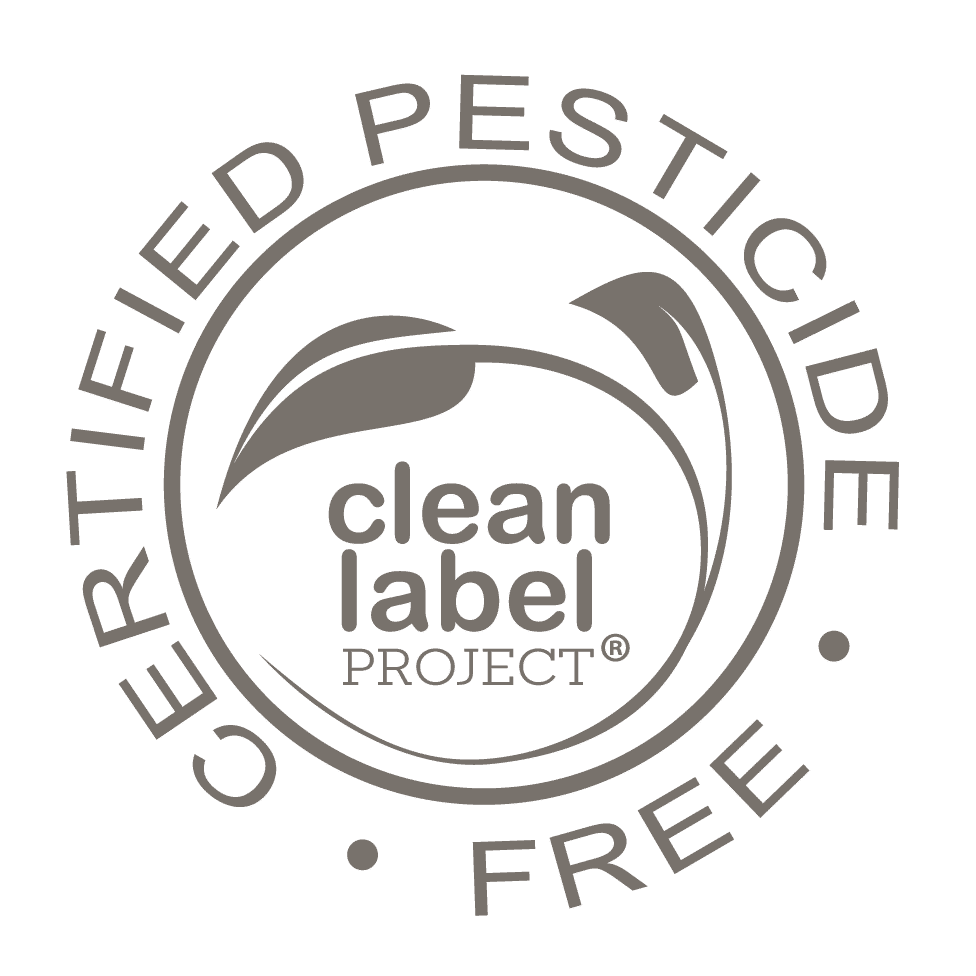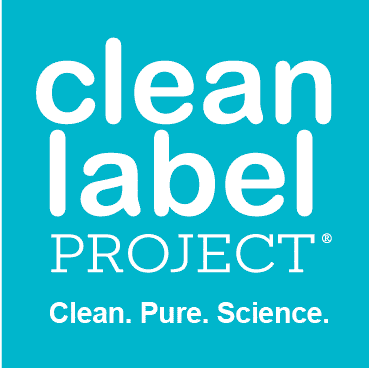I and Love and You
The best love is the best food, and the best food should be available to ALL furry friends. Small and large, purebred and mixed, stray and rescue. I and Love and You celebrates the incredible bond between human and pet. It’s why they’re called “I and love and you”. I and Love and You are pet parents too—the type who match outfits with them, give them social media accounts, talk in their voices and bring their personalities to life, give up our beds to them, and stay home
on Friday nights with them. Because love. I and Love and You started small, in a pet food store in Boulder, Colorado, creating raw food for pets before real, whole, healthy pet food was a thing. They quickly recognized that there were people like us everywhere, who wanted better food with real meat and real ingredients. Food pets were meant to eat, and deserve to eat.

I and Love and You Purity Award Winners
What is the Purity Award?
Let’s face it, marketing departments do an effective job at selling comfort and security. The Clean Label Project Purity Award evaluates products for substances that would never be found on a product label. These substances include chemicals of concern and industrial and environmental toxins and contaminants (like heavy metals, pesticide residues, and plasticizers) that have the long-term potential to adversely affect health and well-being. Clean Label Project uses benchmarked data to compare individual product test results to the test results of the best-selling products in the same product category. In the process, we reveal to brands how their ingredient supply chain and quality assurance systems fare compared to industry leaders. We reveal to consumers what brands are taking the extra steps to minimize consumer exposure to known chemicals of concern.

I and Love and You Pesticide Free Award Winners
What is the Pesticide Free Award?
From the belief that neonicotinoids are the culprit behind Colony Collapse Disorder to the active ingredient in Round-Up, glyphosate, being linked to cancer, consumers are increasingly concerned over the environmental and public health risks associated with pesticides. While certified organic goes a long way to reduce the chemical load used in agriculture, the fact that over 99% of domestic farmland is treated as conventional agriculture means that because of birds, bees, water, and wind contamination of organic farmland can and does occur. Market opportunities exist for growers, suppliers, manufacturers, brand owners, and retailers looking to curate products and systems that actively commit to reducing reliance on pesticides in order to meet evolving consumer expectations and concerns.

